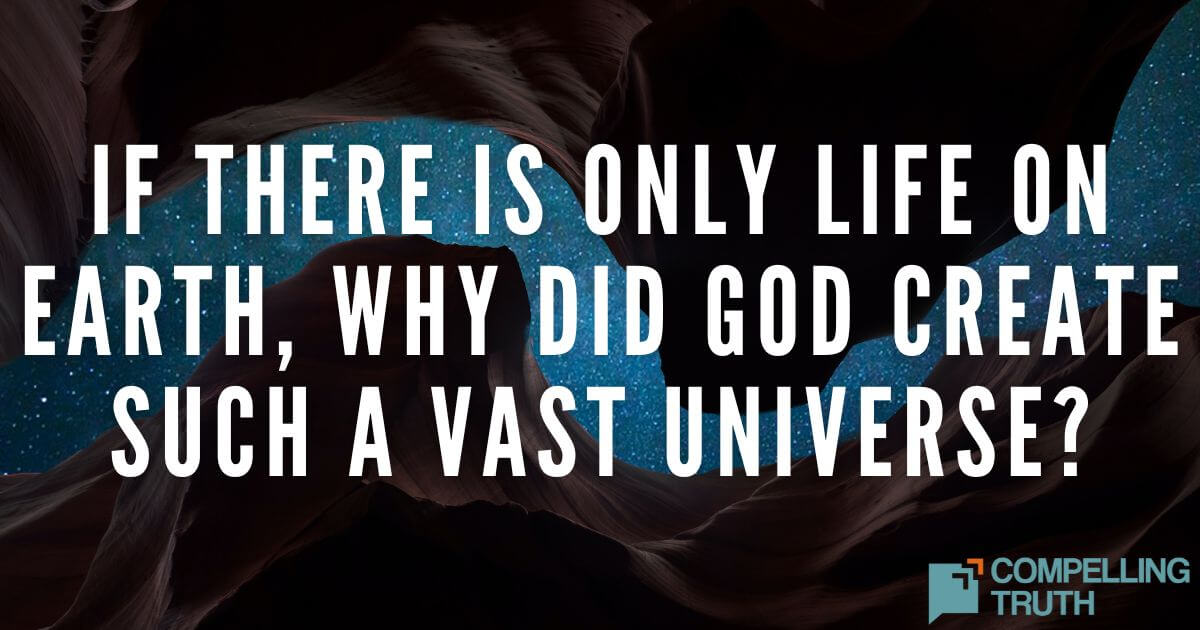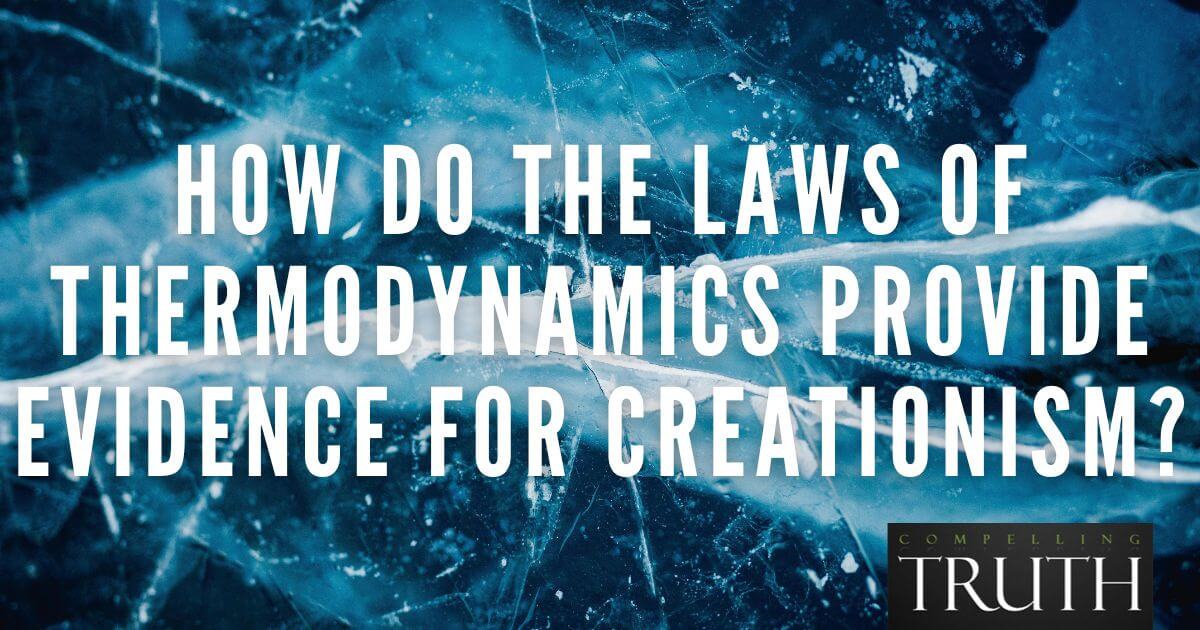what does the bible say?
The idea of a multiverse has gained attention in recent decades, particularly in the fields of theoretical cosmology and philosophy. It’s important to note that the term "multiverse" has several different meanings, depending on the context.
First, in the realm of philosophy and modal logic, "multiverse" often refers to "possible worlds." These are hypothetical scenarios, used to imagine how things could have been different in the actual world. For example, there could be a possible world where you are taller than you are in reality. However, this idea is not meant to suggest that such a world physically exists—it’s simply a way for philosophers to discuss how reality might differ under different circumstances. This philosophical use of "possible worlds" doesn’t imply the existence of a multiverse in any literal sense and has no impact on our understanding of the actual universe God created.
A second, more speculative version of the multiverse comes from quantum mechanics, often referred to as the "many-worlds interpretation." This theory proposes that every possible quantum event creates a new universe, leading to an infinite number of parallel universes. However, this idea is not taken seriously by most physicists, and there is no experimental evidence to support it. Moreover, this interpretation raises severe theological issues, such as the possibility of worlds where sin never occurred, or where Christ was never raised from the dead. This concept contradicts the Bible's teaching that Christ’s redemptive work is universal and singular (John 14:6).
The most common usage of the multiverse theory comes from theoretical cosmology, where it suggests that our universe is just one of many. In this version, each universe may have slightly different physical laws or properties, which could explain why our universe appears to be "fine-tuned" to support life. While this theory may sound appealing to those who wish to explain life’s existence without invoking a Creator, there is no direct evidence to support it. In fact, the multiverse theory is often viewed as a speculative way to avoid the problem of life’s improbability in an atheistic worldview.




